-
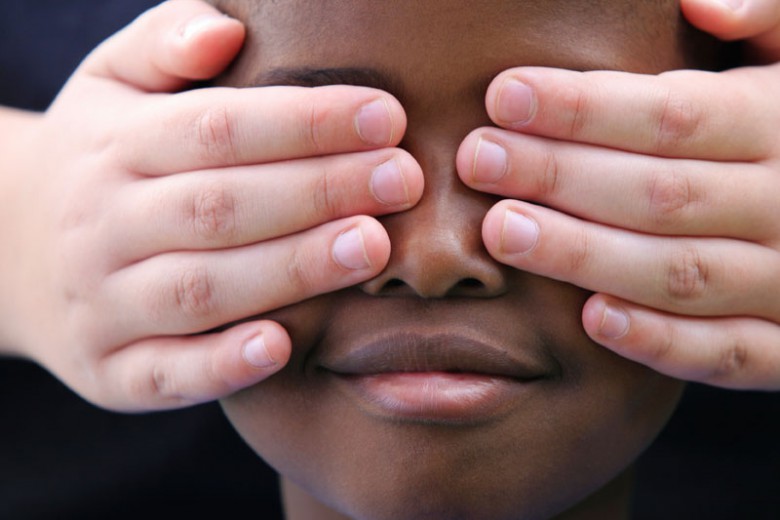
by Tyler McCreary Sep 1, 2009 5 min read
-
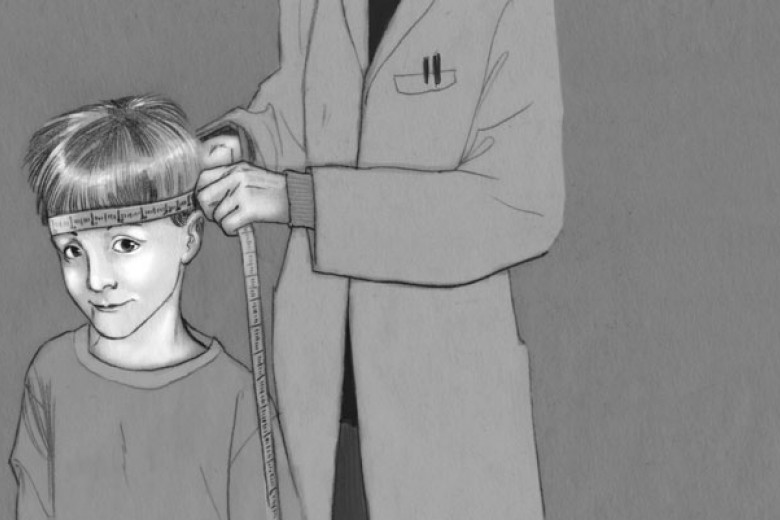
by Shayna Stock and Sue Stock Sep 1, 2009 12 min read
-
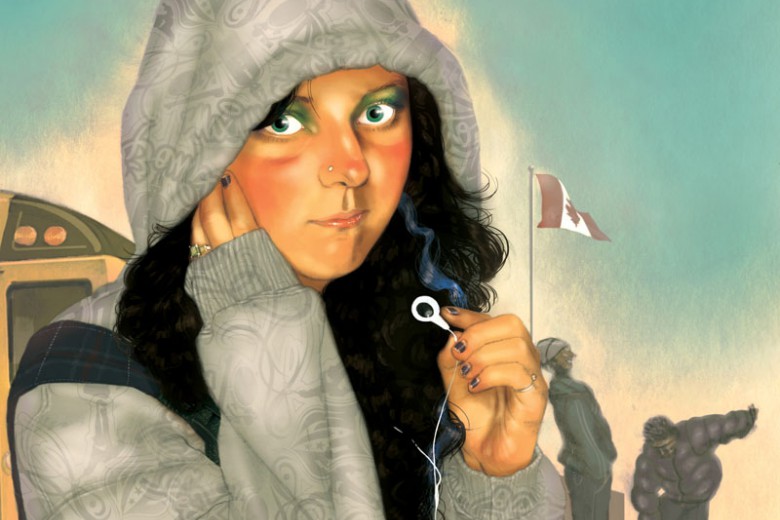
by Alethea Spiridon Sep 1, 2009 4 min read
-
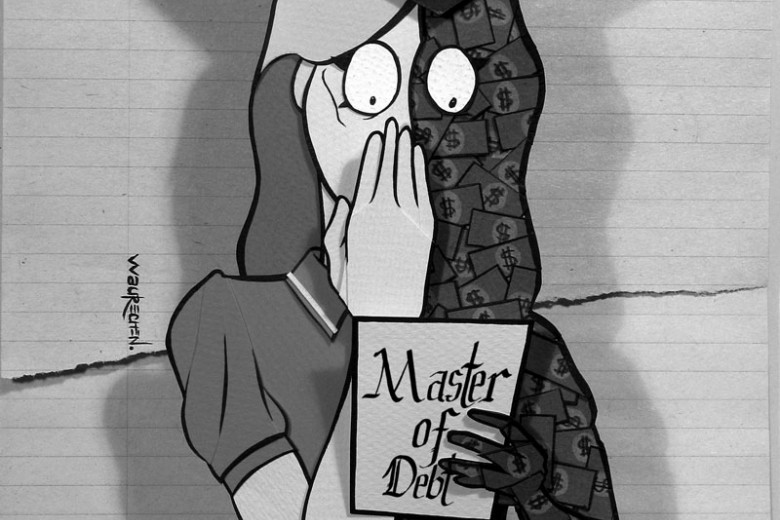
by Leslie Jermyn Sep 1, 2009 11 min read
-
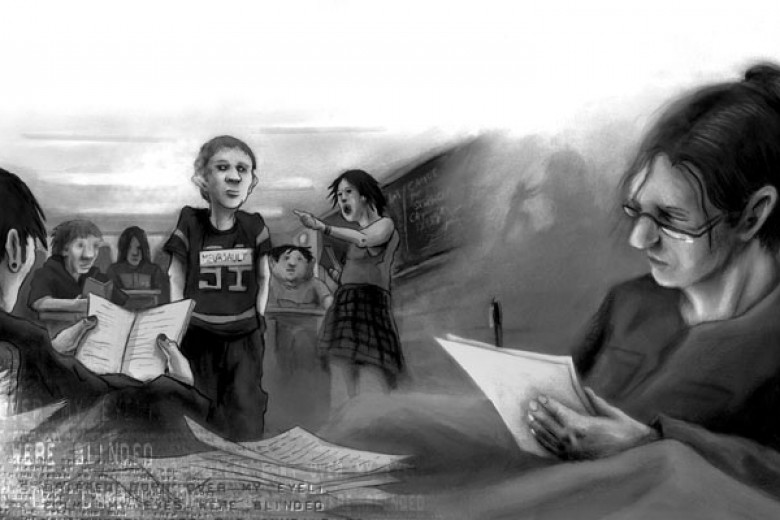
by Joelle Renstrom Sep 1, 2009 12 min read
-
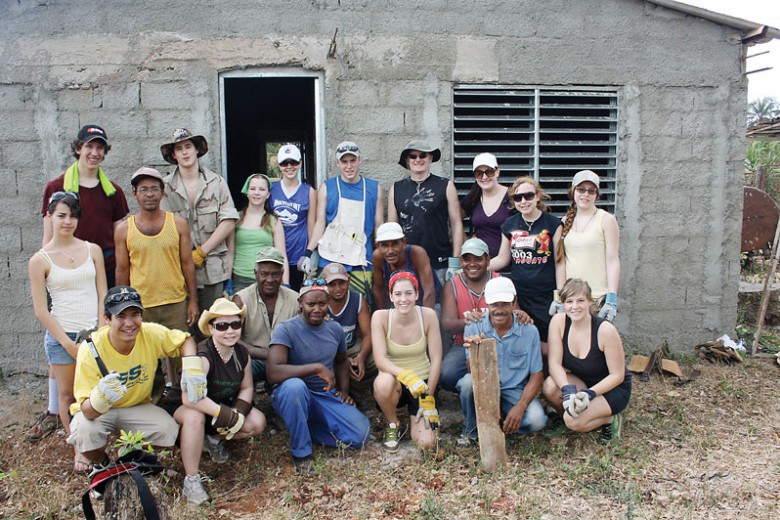
by Michelle Miller, Chris Benjamin, and Anna Kirkpatrick Sep 1, 2009 11 min read
-
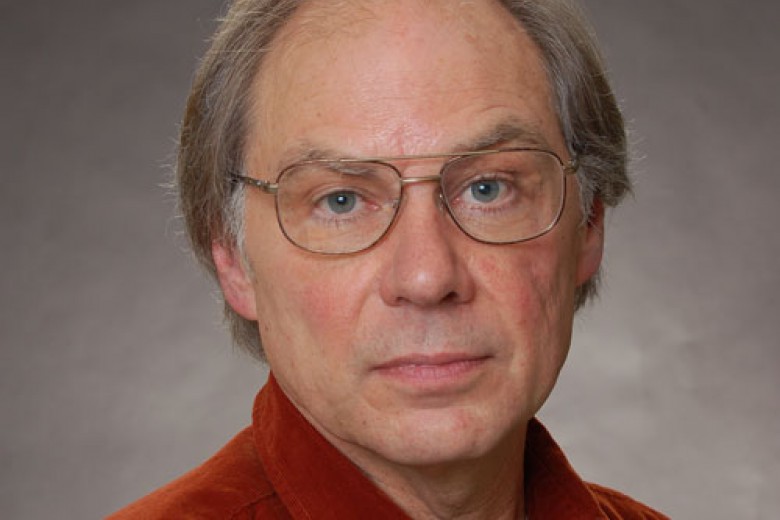
by Don Sawyer Sep 1, 2009 4 min read
-
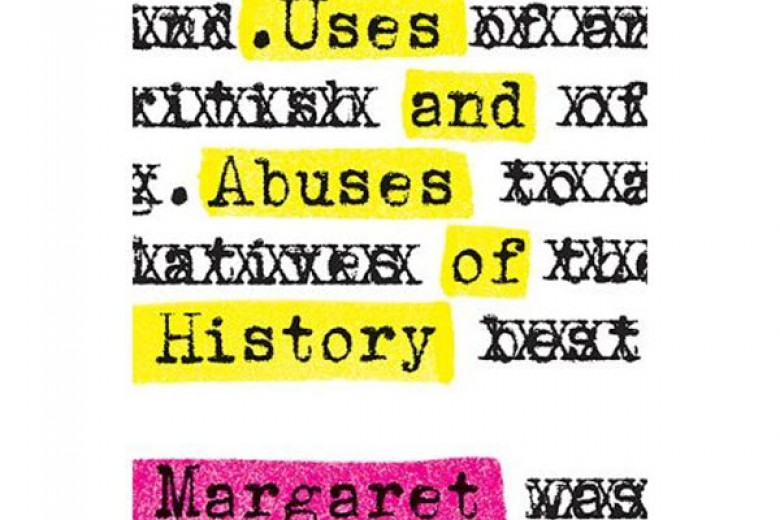
by Ruth Latta May 1, 2009 3 min read
-
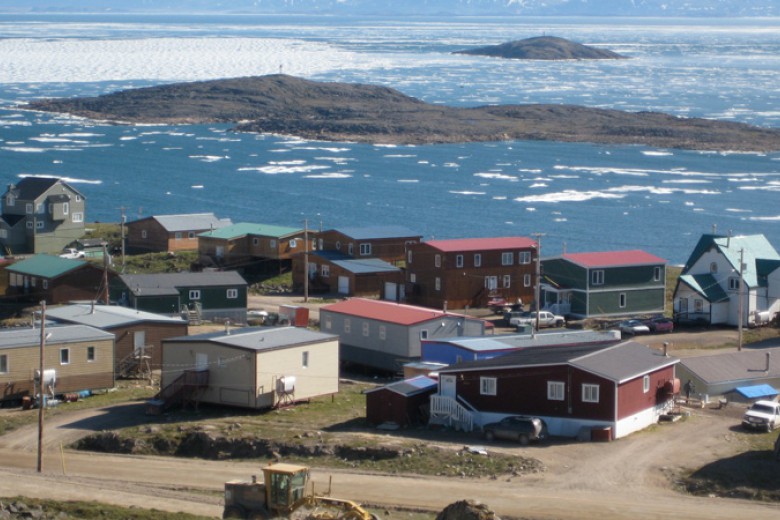
by Kate Press Nov 1, 2008 6 min read
-
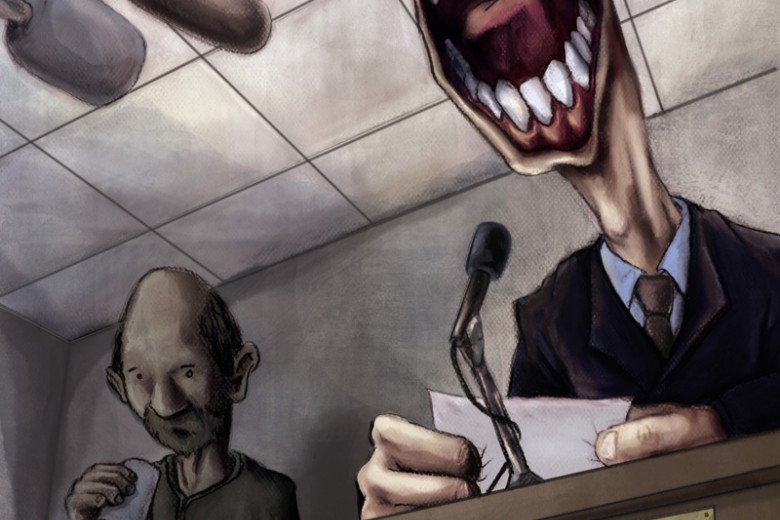
by Roger Langen Nov 1, 2008 11 min read
-
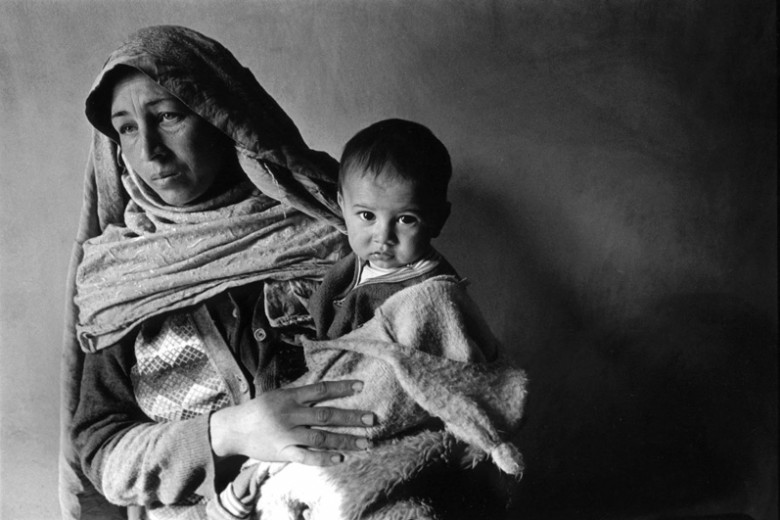
by Michael Skinner Mar 1, 2008 8 min read
-
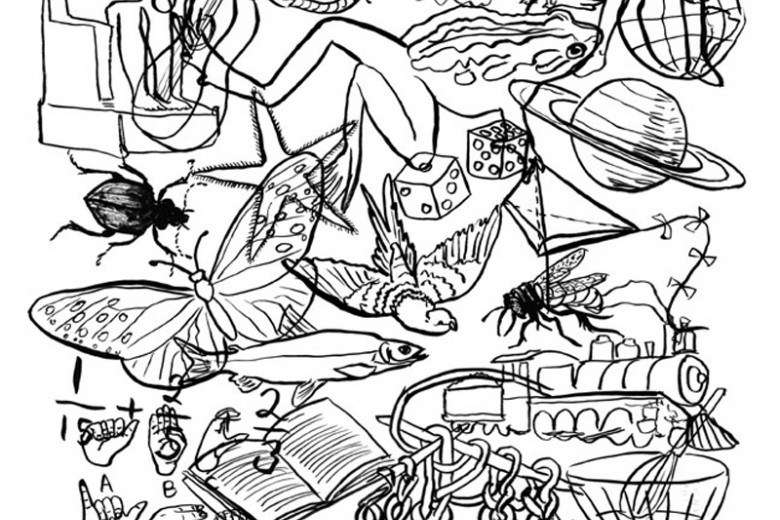
by Rebecca Ellis Mar 1, 2008 12 min read
-
Sep 5, 2007 11 min read
-
by Brent Erickson Aug 1, 2007 4 min read














